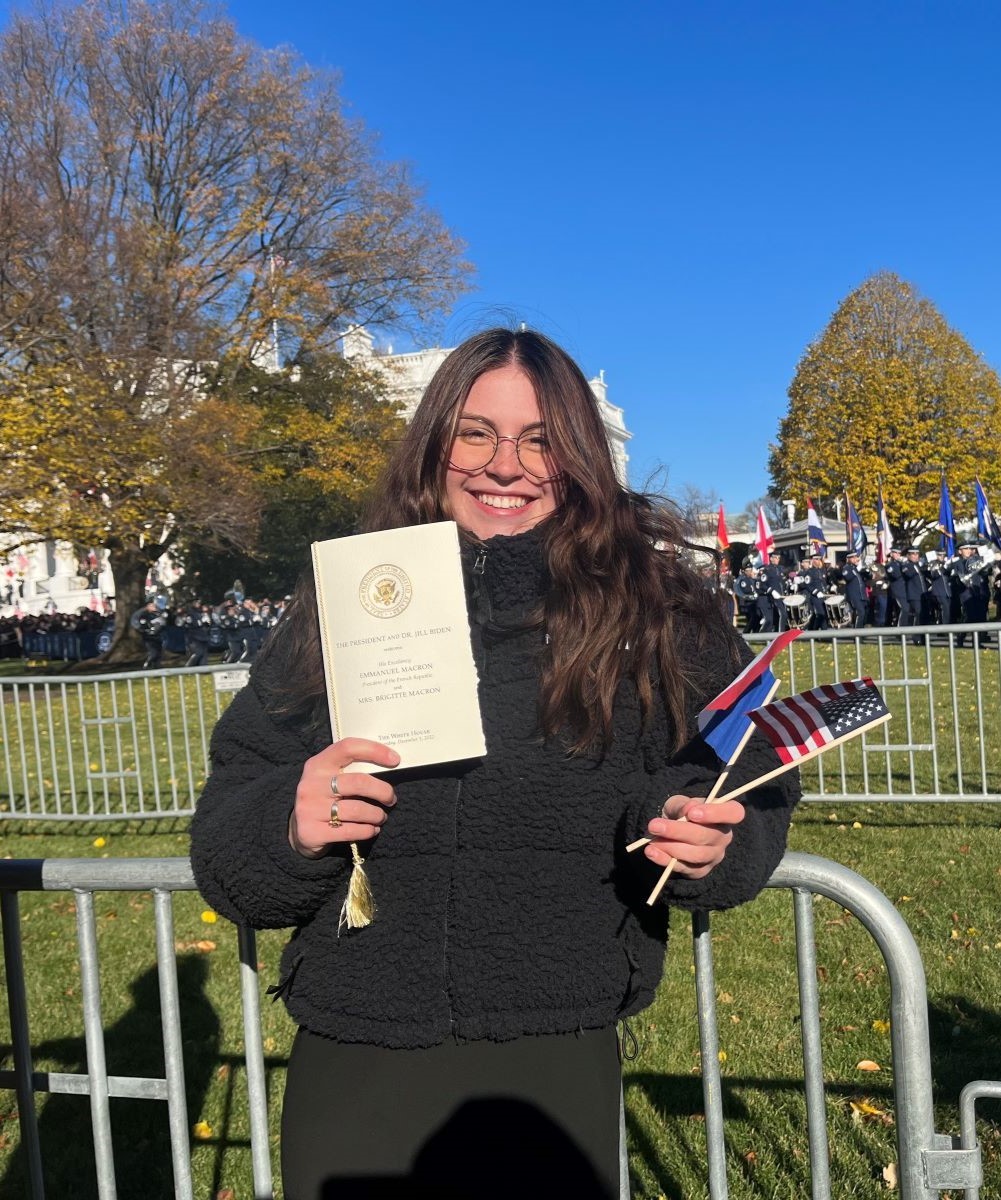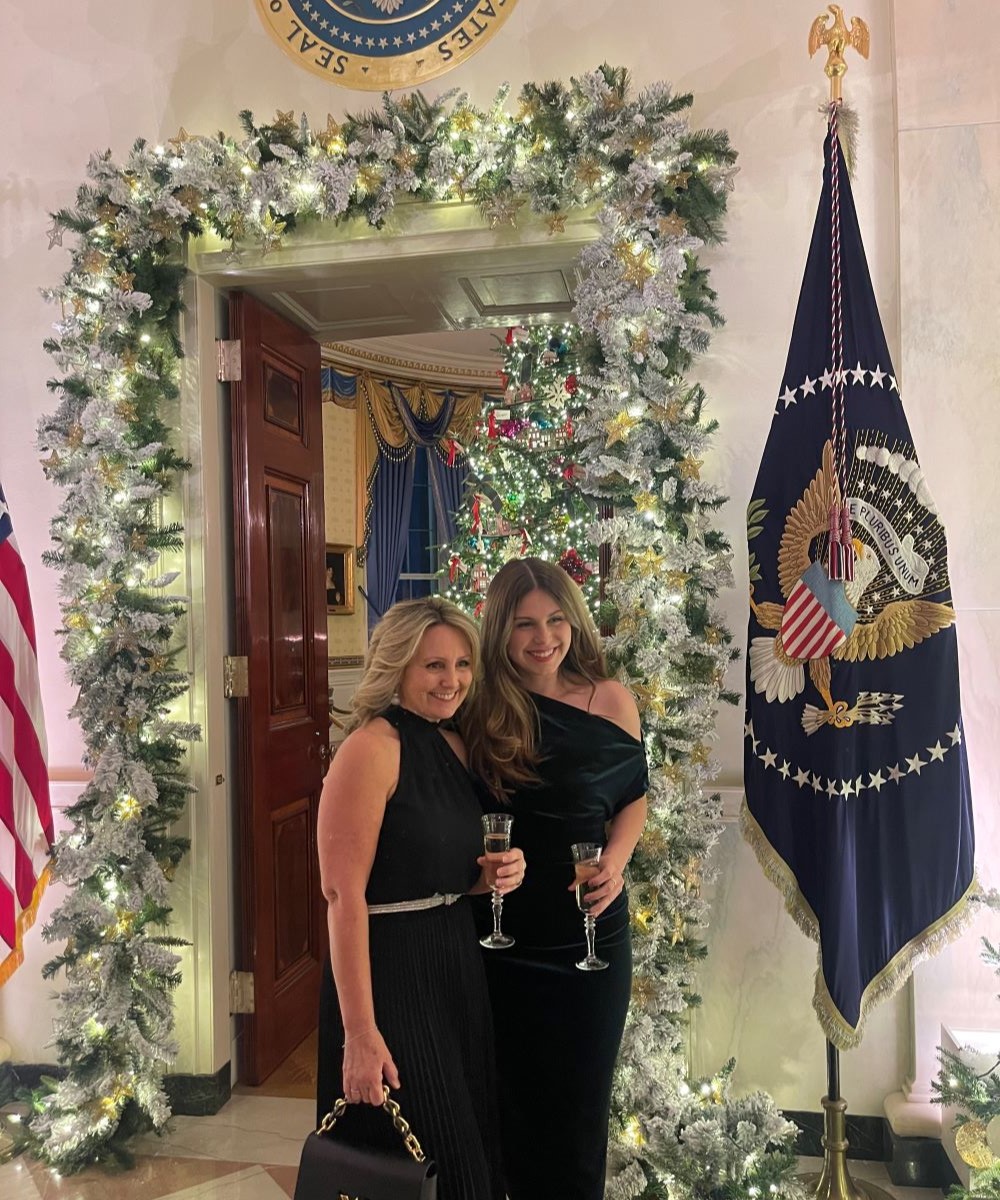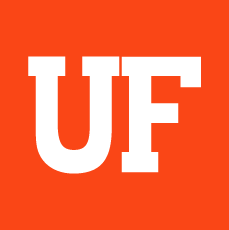We hope to feature profiles of our awesome alumni on a regular basis. Here, we share information about a recent superstar grad, Samantha Gildea, through her responses to our written questions.
Background: Samantha Gildea graduated in 2022 with a double major in Russian studies and international studies. She currently works at The White House (Washington DC), as Associate Director of Space Policy.
What are one or two of the more rewarding aspects of your job?
That’s very hard to say, but I suppose first, I am grateful and fulfilled by the ability to serve at the forefront of current events amongst such a dynamic and inspiring team. Second, one of the most rewarding parts of my job is getting to address global opportunities in space and space policy. As directed by the Vice President, leveraging space for societal benefits, such as by addressing climate change, space debris, or even human spaceflight, is a profound privilege.
How, if at all, do the skills and knowledge you acquired from the Russian Studies major contribute to your current job performance?
I am constantly drawing upon the skills and knowledge I gained through my Russian Studies major – so, thank you! In the classroom, in addition to my language skills, I learned cultural nuance, history, and international studies – and I draw from the experiences, cultural references, and perspectives I learned whilst overheating in Dauer Hall daily! In one such example, I was traveling with the Second Gentleman of the United States, Mr. Douglas Emhoff, to Krakow, Poland. My Russian language skills enabled me to work effectively in Eastern Europe in support of Ukrainian refugees, and the Second Gentleman visited UNHCR and had a Shabbat dinner with both Ukrainians and Holocaust survivors.
To the extent that you’re aware, how did your skills and knowledge figure into your landing the position?
Of the many gifts the Russian Studies department gave me was simply the green light to run. Dr. Gorham and Tatiana Renz, in particular, pushed and encouraged me to step outside of my comfort zone by participating in hands-on programs and learning opportunities, such as UF in Moscow, Middlebury’s Summer Language Program, “Learn Russian in the EU” in Latvia, and an internship with the Russian program at the Department of State’s FSI. The Department’s enthusiasm and willingness to support my participation in such a broad range of external programs helped me immensely along my journey by supporting me to build knowledge, confidence, pragmatism, and a network out of Gainesville. Similarly, mentors like Dr. Kleespies, Dr. Booth, and Dr. Goodwin helped me to contextualize my Russian studies in complex political, cultural, and geopolitical contexts through lessons and projects, including with their research and my own interests. I am a stronger writer and more analytical, critical thinker thanks to their advice and guidance.
What other impacts, practical or otherwise, have come from your decision to study Russia/Russian?
Something in addition to the syrniki addiction I formed leading Russian Culture Club? Ha! Well, practically, knowing Russian is immensely helpful given the current global landscape – and again, as I said before, I think the cultural knowledge that comes alongside Russian language acquisition is quite useful. I’d also add I met my three best friends through UF in Moscow–Caroline, Kylee, and Sheridan.
What words of advice do you have for students just now taking up Russian Studies?
Be your own biggest advocate. The Russian Studies faculty is uniquely caring towards its students (and alum!) – so speak up! Ask them about their research, their journey, or their advice, and advocate for your involvement and participation. Apply to everything you can — challenge yourself. But advocate for yourself to yourself, too — treat yourself with support, grace, and patience. Let “no” motivate you to keep trying and remind yourself of all you’ve accomplished already.
Anything else you’d like to add about your experience studying Russia/Russian and/or its impact on your current situation?
I would add that I completed the process to teach English via Fulbright in two countries, Georgia in ‘21 and Ukraine in ‘22, and were each canceled due to COVID and the War on Ukraine, respectively. I had no idea what to do, and then this White House opportunity opened up. We put so much pressure on ourselves as students to excel and prepare and know our paths, but there will always be things out of our control. As COVID-era kids, we know this well. So, I encourage you to build knowledge, network, confidence, and experience – but try, if you can, to do it in a pressure-free way. Enjoy yourself and trust that your hard work will pay off!


